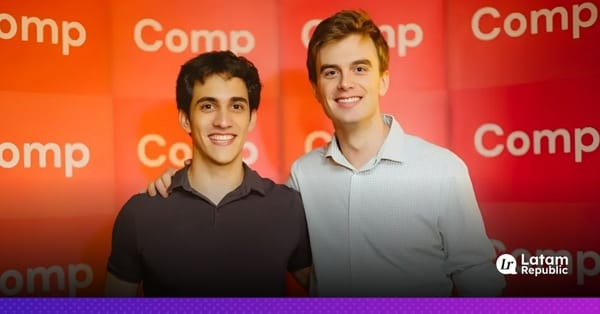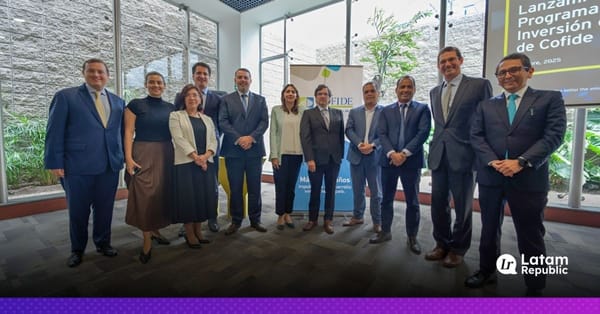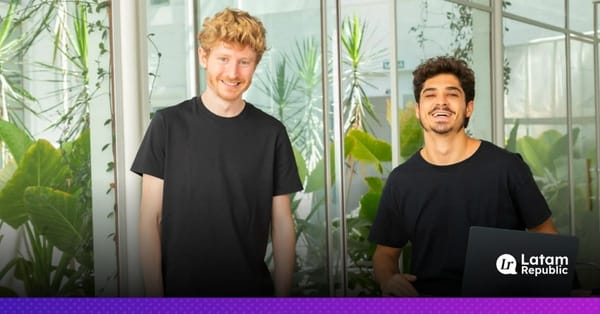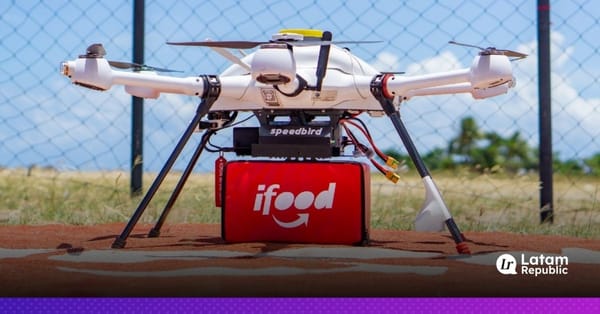Tec de Monterrey launches 6G Laboratory for smarter and more sustainable cities
The Tec de Monterrey Lab is taking a major step forward with the creation of the 6G Communications and Integrated Sensing Laboratory.
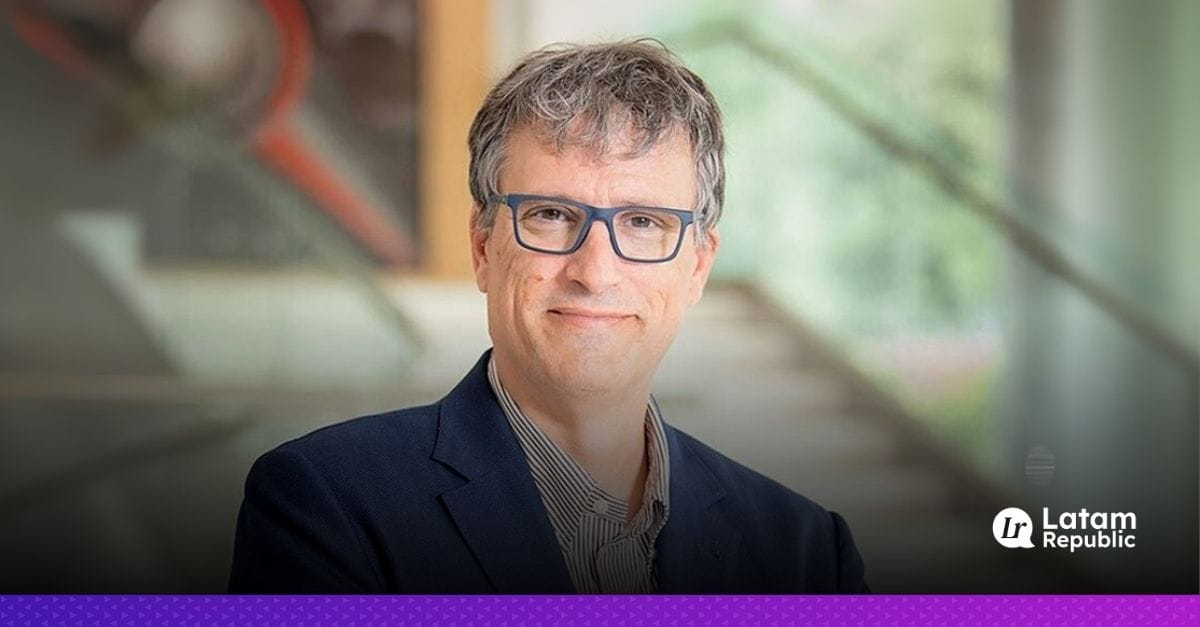
The Tec de Monterrey Lab is taking a major step forward with the creation of the 6G Communications and Integrated Sensing Laboratory, a groundbreaking center in Latin America dedicated to developing next-generation connectivity technologies within a cognitive environment.
A Strategic Initiative by the Faculty of Excellence
This laboratory is one of the flagship projects of the Tec de Monterrey’s Faculty of Excellence (FoE), an initiative designed to attract 100 world-class academic leaders across six national schools. The goal is to integrate transformative ideas and exceptional talent into the institution, driving innovation and redefining the future from the classroom.
Dr. Francisco Javier Falcone leads a team positioned as a strategic engine for developing multidisciplinary solutions based on advanced communications. These technologies are expected to benefit critical sectors such as urban environments, electromobility, and industry.
Dr. Falcone currently serves as Distinguished Visiting Professor in Telecommunications at the Tec de Monterrey’s School of Engineering and Sciences (EIC), contributing to the prosperity of both people and the planet.
Towards a Connected and Intelligent Future
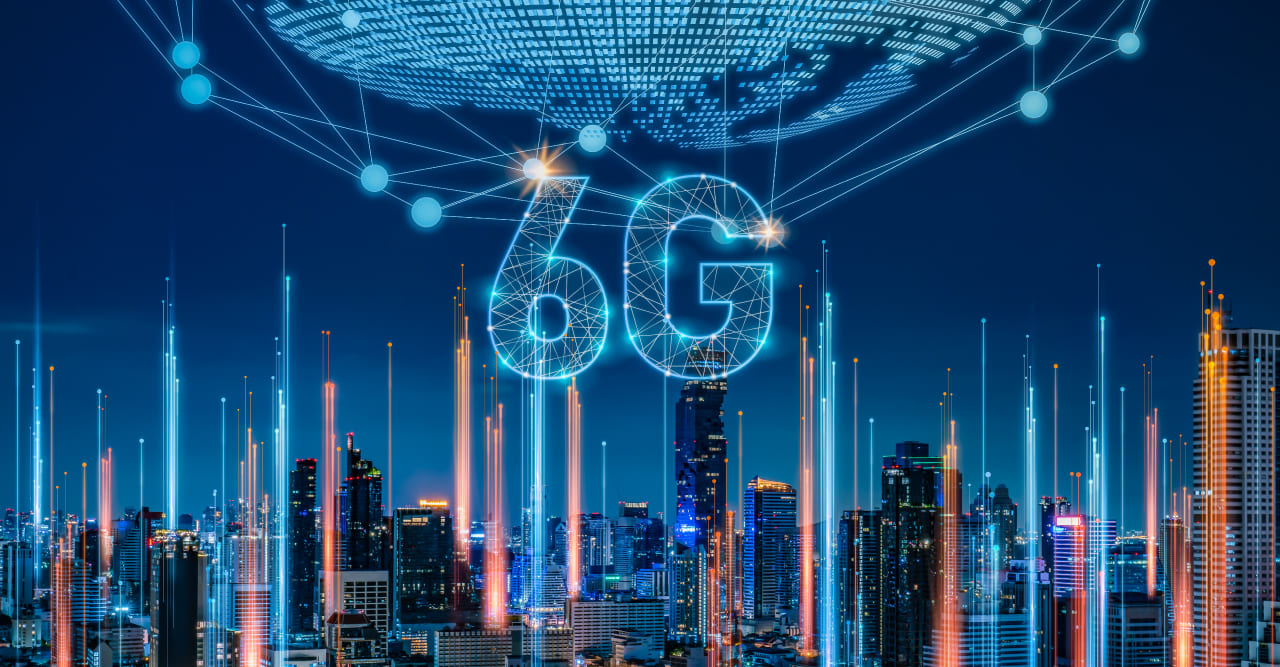
The laboratory’s vision focuses on creating robust and versatile information management systems capable of optimizing data exchange between people, devices, and environments. These solutions aim to transform not only cities but also rural and suburban regions, advancing toward truly intelligent and cognitive environments.
The 6G Lab integrates research from the physical layer of telecommunications to final implementation, with projects ranging from satellite communications to post-quantum cybersecurity.
Holistic Approach to Cognitive Cities
Dr. Falcone identifies several strategic application areas that guide the laboratory’s current work within the Faculty of Excellence:
- Vehicle Connectivity, IoT, and Electromobility: Researchers collaborate closely with the Tec’s Electromobility Group to develop advanced connectivity solutions for autonomous and sustainable vehicles. This work aims to support urban mobility that is safer, cleaner, and more efficient.
- Autonomous Vehicles, Campus City, and Distrito Tec: The Campus City: Challenge Living Lab for Smart Cities project, developed in partnership with FEMSA, promotes research, innovation, and entrepreneurship in smart city technologies. The initiative includes 5G infrastructure for autonomous vehicle testing, set to begin in summer 2025 in Distrito Tec.
- Internet of Nature and Environmental Monitoring: Through advanced sensing technologies, researchers are monitoring urban forests, such as Miyawaki-type green spaces, to generate key data for the conservation, expansion, and intelligent management of urban greenery.
- Internet of Water (IoT for Water Management): The laboratory is also developing water quality monitoring systems for rivers and urban water bodies, providing critical tools for sustainability and responsible natural resource management in future cities.
These initiatives reflect a holistic vision of “cognitive cities,” where technology enhances connectivity and fosters a harmonious, efficient, and sustainable relationship with natural resources, supporting both next-generation mobility models and the emerging Industry 5.0.

